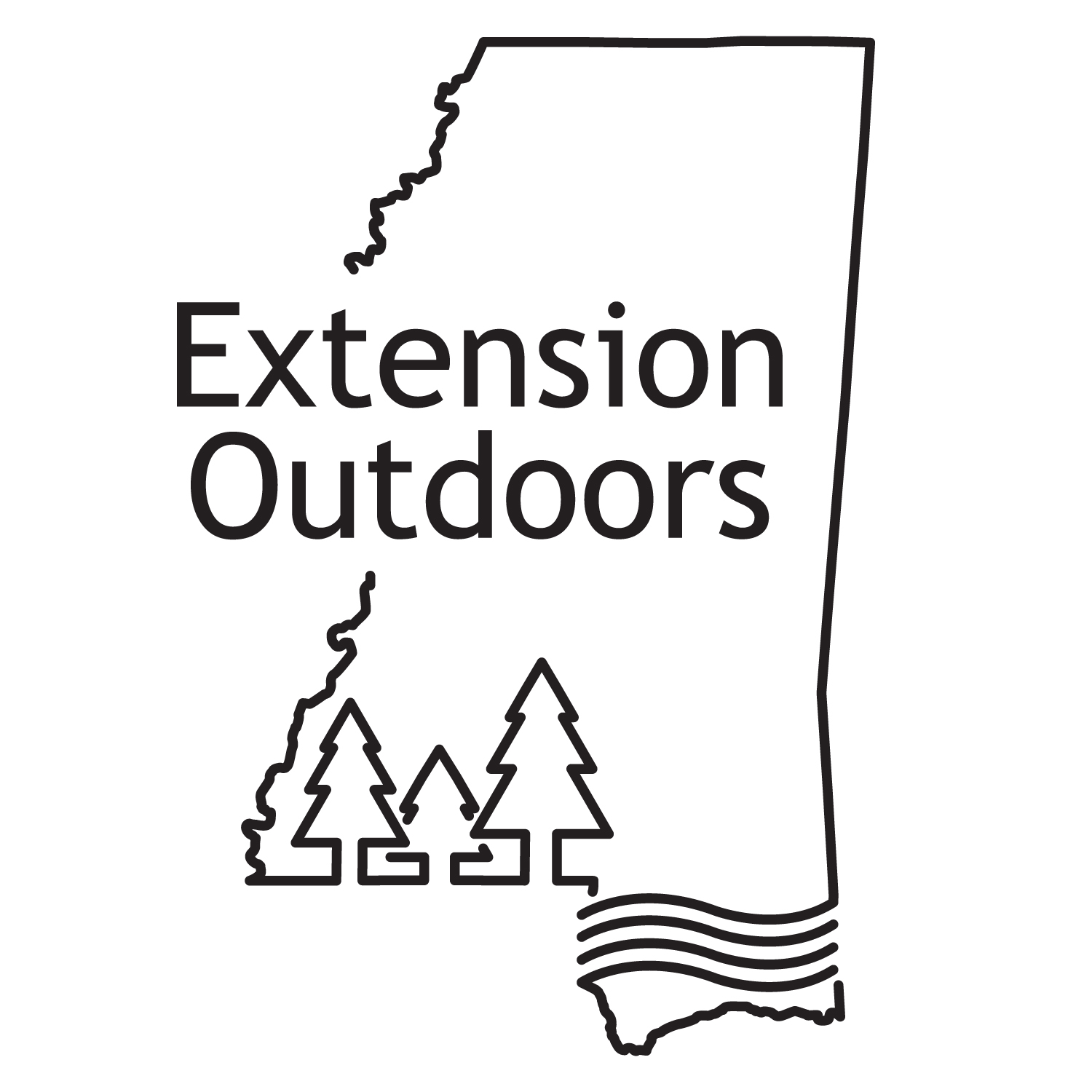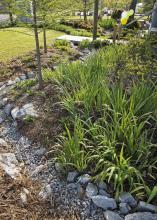Information Possibly Outdated
The information presented on this page was originally released on May 8, 2015. It may not be outdated, but please search our site for more current information. If you plan to quote or reference this information in a publication, please check with the Extension specialist or author before proceeding.
Be a smart water user during the summer
By Beth Baker
Research Associate
MSU Department of Wildlife, Fisheries and Aquaculture
STARKVILLE, Miss. -- As many regions of the country face drought conditions this summer, it’s important to remember to use water efficiently.
Mississippi sees a large amount of rainfall each year compared to other states. But only a small portion of that moisture makes it back into the stored groundwater, which is the primary supply for household usage, including water for lawns and gardens. Luckily, having a beautiful yard doesn’t have to mean using a lot of water.
Water-efficient appliances make conservation inside the home convenient, which helps to reduce water consumption. However, outdoor water use can exceed yearly indoor consumption for individual households. Especially in the hot and dry summer months, lawn and garden needs can eclipse indoor water requirements. In fact, the U.S. Environmental Protection Agency reports that of the estimated 29 billion gallons of water used daily by U.S. households, more than 30 percent is devoted to outdoor water use.
Unfortunately, with many common watering practices, much of the water applied to lawns and gardens doesn’t actually get used by plants. Instead, a fair amount evaporates, runs off lawns into streets or soaks through the soil too quickly to saturate plant rooting areas. This inefficient use is caused by applying too much water or applying it too quickly. Many homeowners may not be reaping the full benefits for their lawns and gardens.
One free and simple tip for more efficiency is to water the yard or garden during cooler times of the day when the potential for evaporation is lower. Don’t overwater your lawn or garden. If water is running into the street, it’s time to stop. For clay soils, water less deeply and in multiple cycles. Make sure that sprinkler heads are targeting the lawn and not sidewalks, driveways and patios. Repair leaking sprinklers. Don’t water your lawn or plants while it’s raining or during high winds.
While manual watering is considered more water-use efficient than automated systems, a few simple steps can greatly improve the efficiency of underground lawn sprinklers. Inspect your system before beginning your summer watering routine. This step helps you locate broken pipes and sprinkler heads, which could result in inefficient watering or water being sprayed off target. Some automated lawn sprinkler systems have rain sensors that will prevent the system from watering while it is raining or after heavy rainfall.
Beautiful, eye-catching landscapes that save water and protect the environment are increasing in popularity. This trend is taking hold in many regions of the country, as water-smart landscaping can increase curb appeal and even lead to higher home values. Water-smart landscaping reduces water use, but it can have additional benefits, such as requiring less fertilizer, pesticide and maintenance. This benefit leads to a reduction in water pollution of streams, rivers and lakes.
You can create a water-smart landscape for your home by choosing native or adapted plants, especially those that need less water. Maintaining healthy soils also provides a foundation for using less water, as they cycle nutrients and minimize runoff. Proper fertilization and mowing can contribute to healthy soil. Using mulch around shrubs and garden plants helps to reduce evaporation, inhibit weed growth and prevent erosion. Mulch adds organic matter to your soil as well, which improves its ability to retain water.
In Mississippi, we pride ourselves on our beautiful lawns and gardens, but we can also pride ourselves on using water wisely. Water conservation starts with simple and inexpensive steps. Look for local businesses that can provide native plants and efficient watering supplies, as well as advice on how to use both to get the most benefit. For more information about water conservation, contact Beth Baker at 662-325-7491 or beth.baker@msstate.edu.
Contact: Beth Baker, 662-325-7491

Editor’s Note: Extension Outdoors is a column authored by several different experts in the Mississippi State University Extension Service.



